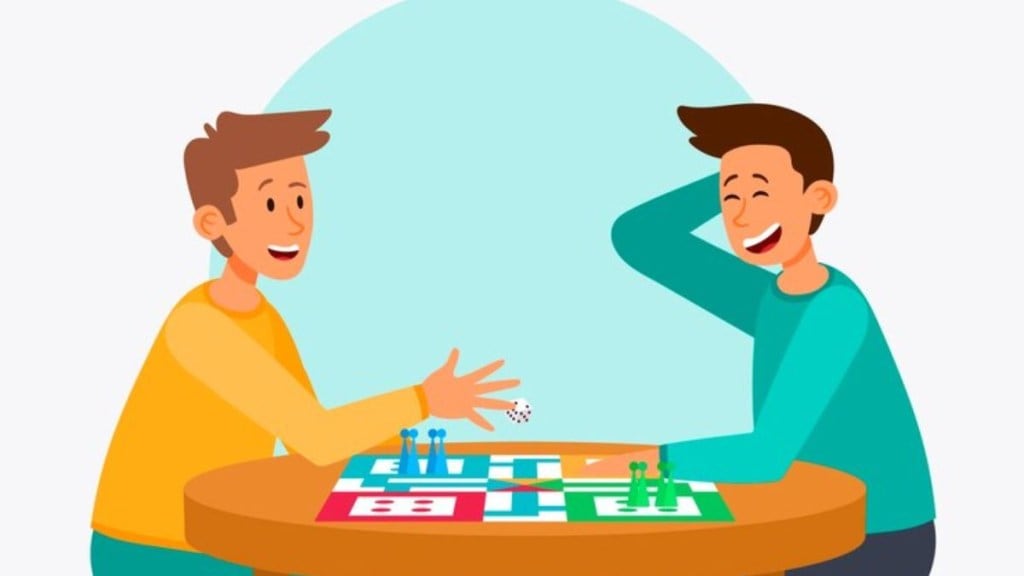Ludo, the board game that originated from the Indian game Pachisi, has been at the center of a debate. In the wake of discussions about gaming regulations and classifications, a question arose, whether the traditional Indian game be classified as a game of skill or chance. This debate has legal implications, online gaming regulations, and how such games are treated under various jurisdictions. According to experts, the game of ludo requires skills. “The classification of games like Ludo as games of skills versus games of chance is often debated. However, games like Ludo do involve a preponderance of skill, such as strategic thinking in moving pieces or anticipating opponents’ moves,” an industry expert told BrandWagon Online on the condition of anonymity.
To be sure, the practice of betting and gambling has long been regarded as a social evil and against public policy in India. Gambling as an activity was prohibited in India under the Public Gambling Act,1867 (PGA). The PGA distinguishes between games of chance and games of skill and excludes the latter from its ambit. Till now, various High Courts and the Supreme Court have ruled on the contours of a game of skill and evolved jurisprudence around the same. The court consistently held that any game where the success of the player is dependent predominantly on the skill will be classified as a game of skill that is outside the purview of any betting and gaming prohibition.
Not to mention, the online version of Ludo has gained popularity recently. For instance, Ludo King, a mobile game designed by Gameton, ranks first on the free board game chart in the Google Play Store at the time of filing this article. Another ludo game, Zupee has also recorded over 10 million downloads in Google Play Store and ranks second on the same chart. The game, developed by Zupee-Popular Online Games falls under the real money games category and is considered as a game of skills. Experts opine a player’s strategy plays a key role in defining a game’s outcome. “While the outcome of moving tokens is influenced by dice rolls, which introduces an element of chance. Players strategically plan their moves and make decisions that significantly influence the game’s outcome. Thus, the pivotal factor lies in assessing the degree of skill predominance,” Krishan Arora, partner, Grant Thornton Bharat said.

